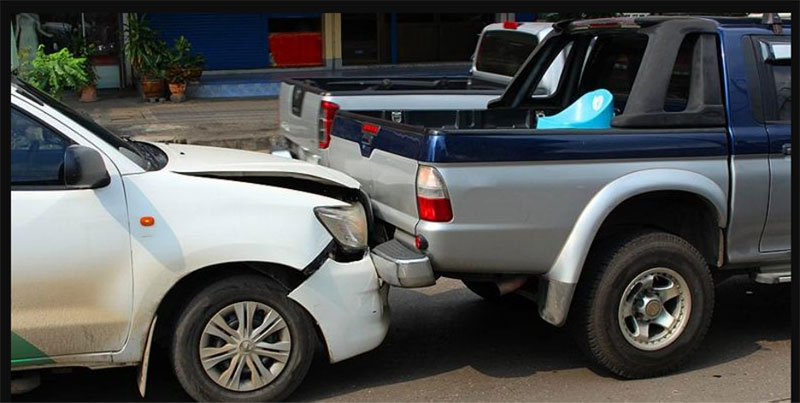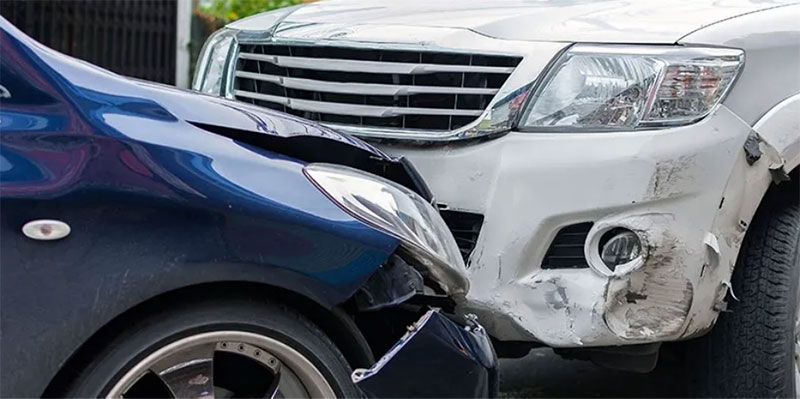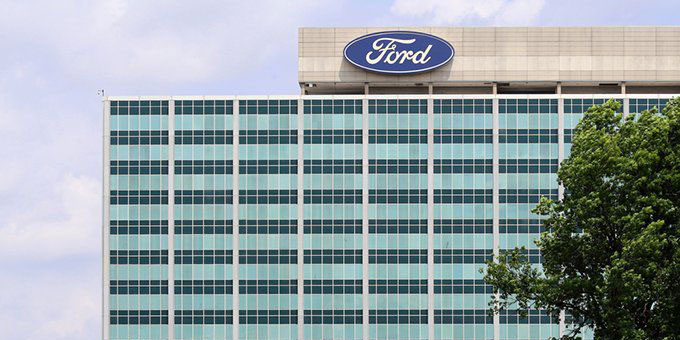The terms "liability car insurance" and "full coverage Car insurance" may come up while you search for a new policy. Even if you're familiar with both of these terms, you might be unable to tell me their differences.
It's not like you're all by yourself here. Many motorists find it difficult to decipher all the terms and acronyms used while looking for auto insurance. We will define these terms and provide the information you need to find the auto insurance policy that best suits your needs.
Distinctive Features of Full-Coverage Auto Insurance vs Liability Insurance
When comparing liability insurance versus full coverage insurance, the most notable distinctions are:
Your vehicle repairs after an accident you cause or natural disasters like fire aren't covered if you have only liability insurance.
Full coverage auto insurance protects your vehicle in the event of an accident, regardless of who is at fault and other types of damage.
Automobile liability coverage
Accidental damage to other people's property or medical bills incurred due to your vehicle is covered by liability insurance. If you cause an accident that injures another person, liability insurance can help cover their medical bills up to the policy's maximum. You won't have to worry about paying for your legal representation or any monetary damages awarded against you due to a vehicle accident lawsuit.
If you cause damage to another person's property (such as a car or a fence), your liability insurance will cover the cost of repairs up to the policy's limitations.
All-inclusive auto insurance
When people talk about "full coverage auto insurance," they don't mean a specific policy type but rather a policy that includes all three of the following: liability, collision, and comprehensive coverage.
In much of the country, just liability insurance for vehicles is mandated by law. If you financed the purchase of your vehicle, however, the terms of your lease or loan probably stipulate that you get collision and comprehensive insurance.
What they discuss is as follows: 
Coverage in case of an accident with another vehicle. If you get into a collision, this will cover the cost of fixing or replacing your vehicle. You can make a collision claim if, for instance, your vehicle collides with a pole. The other driver's vehicle repairs are covered by their liability insurance, not mine.
All-encompassing coverage. Your vehicle will be repaired or replaced if it is damaged by vandalism, animals, falling items, hail, flood, or other weather-related disasters. You can file a full claim if, for example, a tree falls on your car, it gets hit by hail, or you hit a deer.
Should I Get Liability Auto Insurance Coverage?
Liability auto insurance demonstrates "financial responsibility," or the ability to compensate for damages if you are found at fault in an accident. You must carry liability insurance in all but two states—New Hampshire and Virginia. Yet even in those jurisdictions, there are minimum liability standards to be met in specific scenarios. Here are some examples of when liability insurance is mandatory in New Hampshire: You need to show evidence of insurance for at least three years because you had a DWI conviction. You are obligated to submit proof of insurance because you caused an accident, and the other party claims you did not have it.
What is the average annual premium for general liability protection?
According to the National Association of Insurance Commissioners, the typical yearly premium for liability insurance in the United States is around $650. (NAIC). But your costs will vary depending on various factors, including:
Your age and record as a driver
Make of Car
I'm at your location
Limits of insurance protection that you choose to purchase
An analysis of your prior insurance claims
Where Can I Find Affordable Full Coverage Auto Insurance? 
Car insurance with full coverage is typically required by financial institutions and leasing companies when financing or leasing a vehicle. They may be assured that their financial investment is safeguarded by collision and comprehensive insurance if the vehicle is damaged beyond repair or stolen. In some cases, a car loan or lease terms might be broken if the borrower or lessee decides to forego collision and comprehensive coverage.
Auto insurance with no-fault benefits
If you are involved in an accident with someone who does not have auto insurance, uninsured motorist coverage will help pay for your medical expenses and those of your passengers. When the other driver is at fault but does not have adequate liability auto insurance, underinsured motorist coverage will pay for your medical bills.




